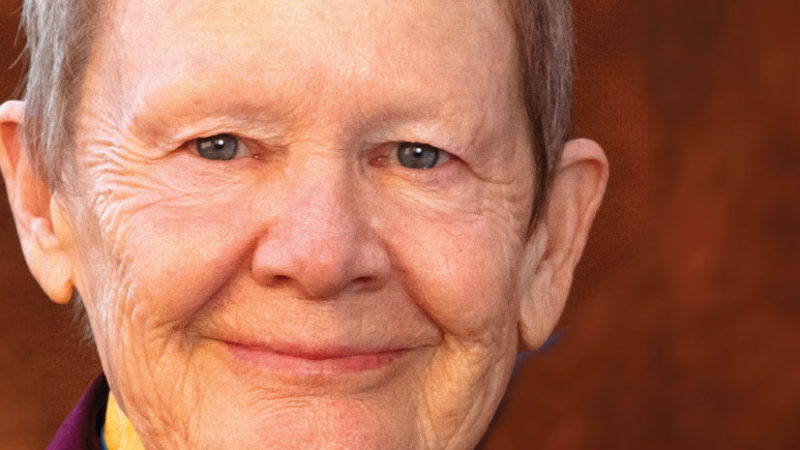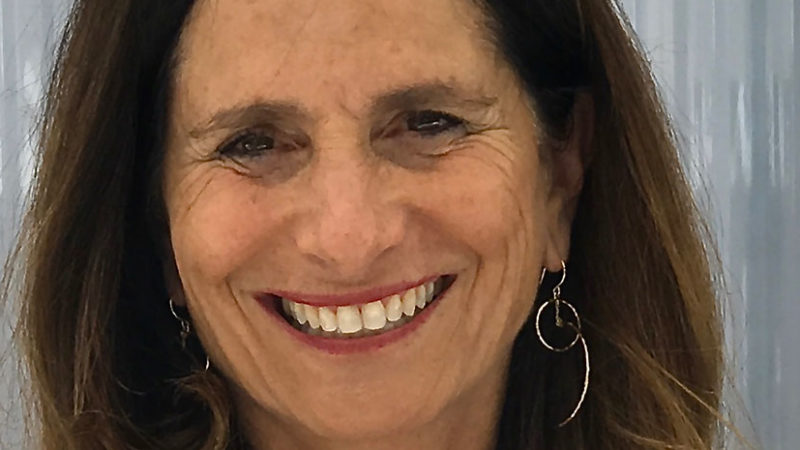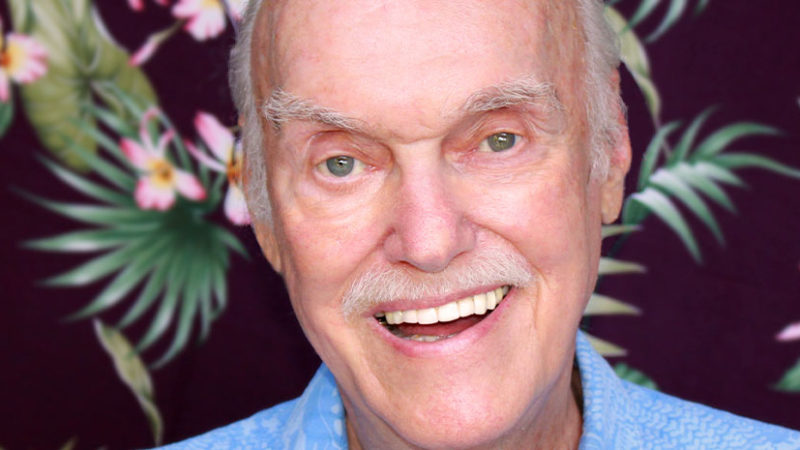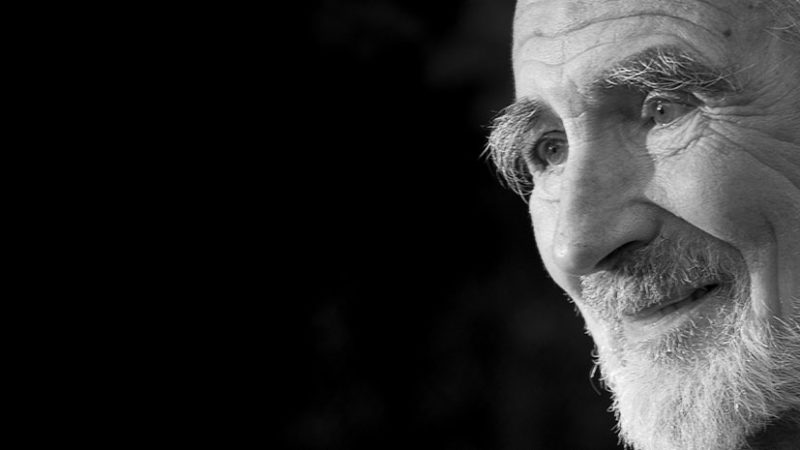Is What You Seek Actually Already Here?

As we let go into the current of truth, it gains momentum, and an increasingly intimate inner dialogue unfolds between our conditioned mind and our unconditioned nature. If you want to cooperate with this process (which I assume you do), it is important to honestly examine your motives.
MEDITATIVE INQUIRY
What Do You Really Want?
Find a quiet, comfortable place where you won’t be disturbed, close your eyes, and take a few deep breaths. Let your attention settle down and in, resting in the heart area. When you are ready, ask yourself: “What is it that I really want?” Let the question go. Don’t go to your mind for an answer. Just wait, listen, sense, and feel. The response may come first as a sensation or as an image before it becomes a word. Or it may come first as a word or phrase.
Whatever comes, check for inner resonance. Does it ring true for you? Something usually lights up, enlivens, releases, or opens up in the body if you have touched an important inner truth.
***
It is crucial to be honest with yourself. Usually we have mixed motives. I certainly did. Even as I was highly interested in discovering what is true, I was also looking for approval from others and wanting to survive. Social acceptance and physical safety are fundamental, closely intertwined desires, and we often need to play them out until we see through them. This usually takes time.
If you believe that your happiness depends upon finding the right partner or career, or upon accumulating wealth or power, you may need to explore these options in order to discover their limitations. Conceptual insight—knowing that happiness does not depend upon circumstances—is rarely enough. Your life experience is a vital curriculum, and there will be a number of opportunities to experience its fierce grace.
You may be able to speed up this process by asking yourself what you imagine you will gain if you acquire the objects or meet the goals you are seeking. As a thought experiment, complete some of the following sentences that resonate for you:
If I find the right partner, I will feel _________.
If I have children or grandchildren, I will experience _________.
If I have enough good friends or belong to the right community, I will feel _________.
If I have the right job or career, I will be _________.
If I have enough money and own a home and nice car, I will be _________.
If I have better health, I will _________.
If I eat enough delicious food, have great sex, travel to enough interesting and exotic places, and work hard enough, I will finally _________.
If I am at the right place at the right time in the future, I will _________.
If I discover my soul’s purpose, I will _________.
Then ask yourself:
Is it true that what I seek is not already here?
If you let your heart wisdom answer, this last question can be a mindbender. The strategic mind will be stunned. If you trust your heart’s answer and act on it, you will master life’s curriculum much more quickly, avoiding some of its remedial dead ends.
As intention clarifies, attention focuses.
Of course, we can gain some degree of transient satisfaction if the above if-then statements are fulfilled, but there will always be an underlying sense of dissatisfaction until the Deep Heart is consciously recognized. My teacher Jean Klein often observed that “the object never fulfills its promise.” Certainly not for long. Have you noticed that once we attain an object or reach a goal, the hunt is soon on again? Although part of us enjoys the drama of the chase, it is the respite from the search that we most want—the true homecoming.
Once we discover an underlying wholeness in the depths of our being, the relationship to desire changes. We are much less attached to getting what we want and much more grateful for what we have. It is a path of natural contentment rather than willful renunciation. An inner sense of fullness arises that is increasingly independent of circumstances, and we feel happy for no particular reason.
Journey into the depths of your own heart with Dr. John J. Prendergast’s guide, The Deep Heart: Our Portal to Presence.

John J. Prendergast, PhD, is a spiritual teacher, author, psychotherapist, and retired adjunct professor of psychology who now offers residential and online retreats. For more, please visit listeningfromsilence.com
Buy your copy of The Deep Heart at your favorite bookseller!
Sounds True | Amazon | Barnes & Noble | IndieBound











